Teflon cables offer several key properties and advantages compared to traditional cable materials, making them a preferred choice in various applications. Here are some of the notable features:
Temperature Resistance: One of the primary advantages of Teflon cables is their exceptional temperature resistance. Teflon can withstand a wide range of temperatures, from extremely low to high temperatures, without compromising its physical or electrical properties. This makes Teflon cables suitable for use in both cryogenic and high-temperature applications.
Chemical Resistance: Teflon is highly resistant to chemical exposure, making Teflon cables ideal for use in environments where they may come into contact with corrosive substances or chemicals. This property contributes to the longevity and reliability of Teflon cables in harsh conditions.
Electrical Insulation: Teflon is an excellent electrical insulator, providing low dielectric constant and high dielectric strength. This makes Teflon cables effective for transmitting electrical signals with minimal interference or signal loss, making them suitable for high-frequency and high-voltage applications.
Low Friction: Teflon is known for its low coefficient of friction, which reduces the wear and tear on the cable during flexing or movement. This property enhances the flexibility of Teflon cables and makes them more resistant to abrasion, contributing to their durability.
Flexibility: Teflon cables are often more flexible than cables with other insulation materials. This flexibility simplifies installation and routing in confined spaces, making Teflon cables suitable for applications where flexibility is crucial.
Water and Moisture Resistance: Teflon is inherently water-resistant, protecting the cable from moisture and preventing water absorption. This property is advantageous in outdoor or humid environments where moisture resistance is essential.
Low Outgassing: Teflon cables exhibit low outgassing, meaning they release minimal amounts of gas or vapor. This makes Teflon cables suitable for use in applications where contamination or outgassing could be detrimental, such as in aerospace or vacuum environments.
Flame Resistance: Teflon is inherently flame-resistant, and Teflon cables are known for their self-extinguishing properties. This feature enhances the safety of Teflon cables in environments where fire resistance is a critical requirement.
Longevity and Stability: Teflon is a stable material that resists aging and degradation over time. Teflon cables maintain their properties over an extended period, contributing to their long service life and reliability.
Lightweight: Teflon is a lightweight material, contributing to the overall weight reduction of cables. This is particularly beneficial in aerospace and automotive applications where weight considerations are crucial.
In summary, Teflon cables stand out due to their temperature resistance, chemical resistance, excellent electrical properties, flexibility, and other advantageous characteristics, making them a preferred choice in a variety of industries and applications.

 ENGLISH
ENGLISH 简体中文
简体中文 GERMAN
GERMAN SPAIN
SPAIN
 +86 181-5747-1135
+86 181-5747-1135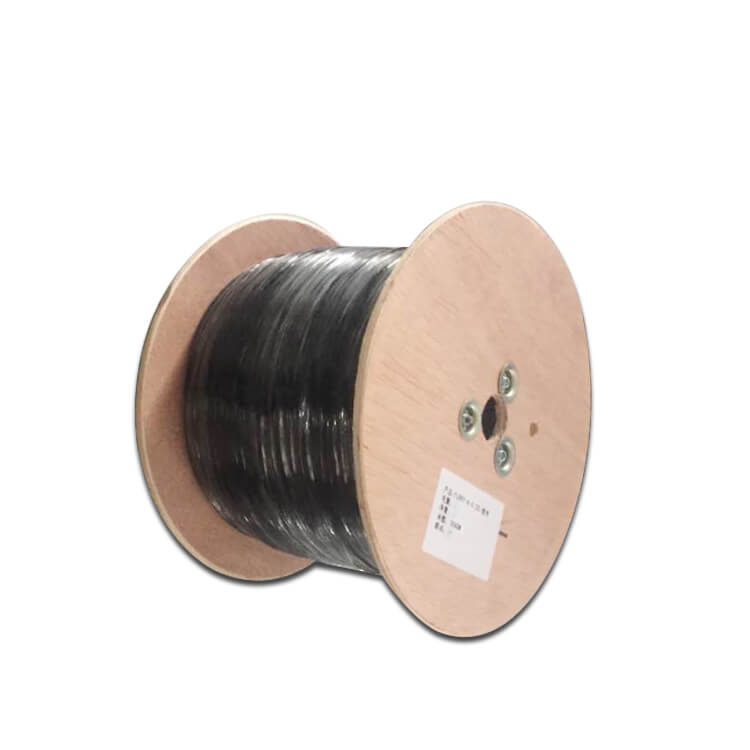
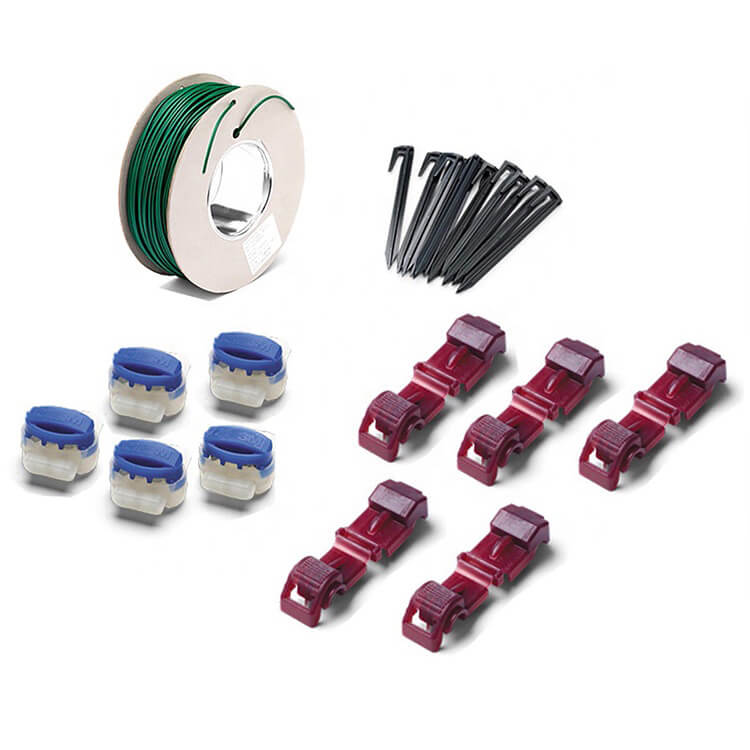
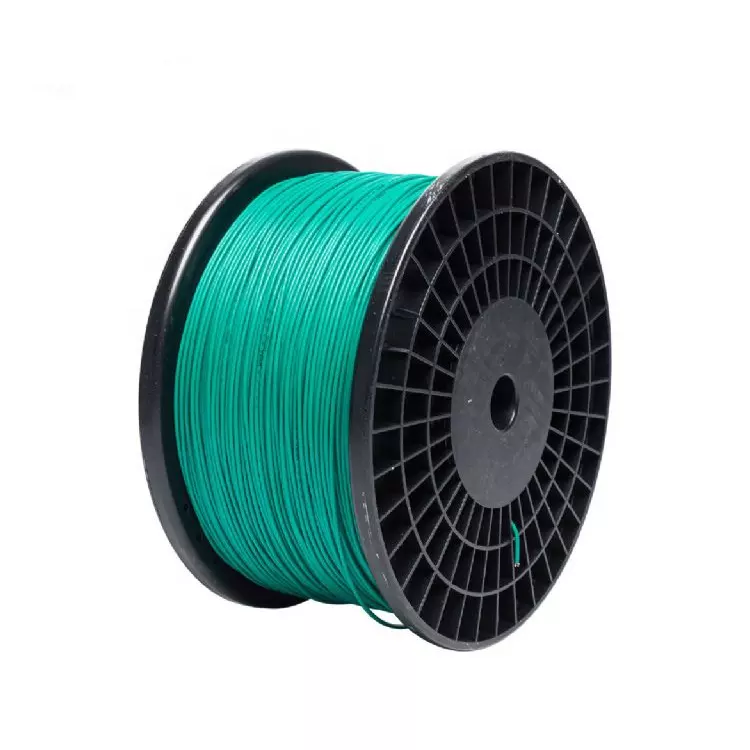



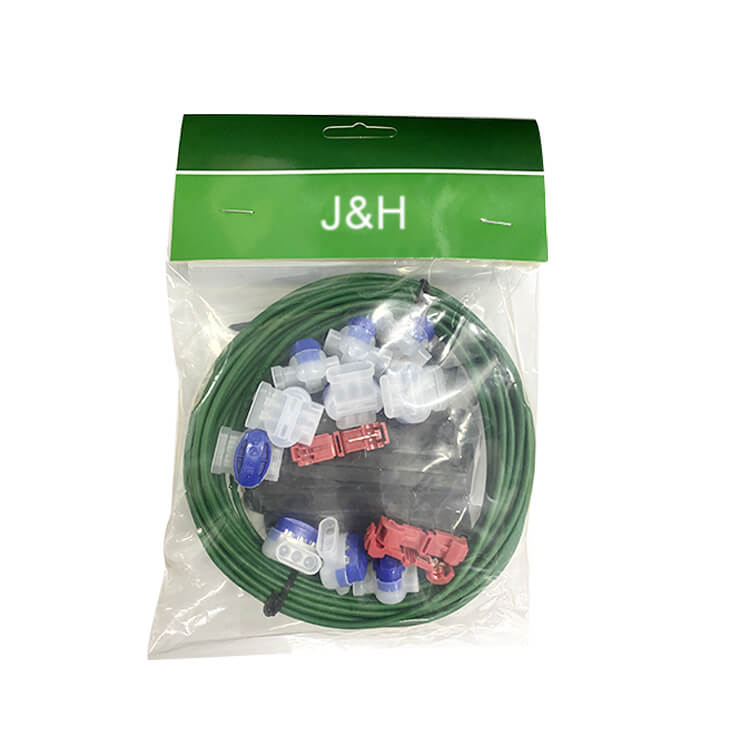
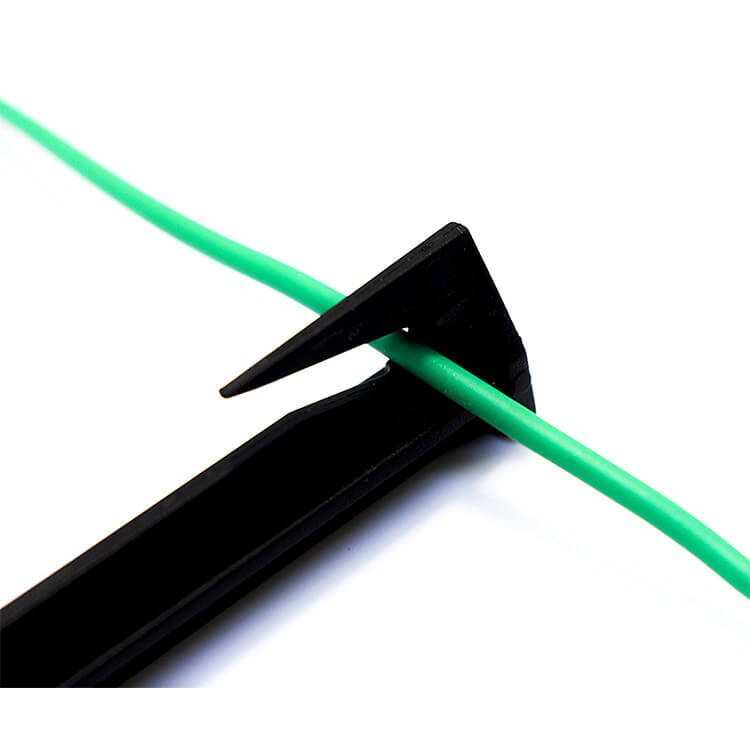
 Abroad:+86 181 5747 1135
Abroad:+86 181 5747 1135 FAX: +86 574 8900 7636
FAX: +86 574 8900 7636 E-mail:
E-mail: 

 read the map
read the map

